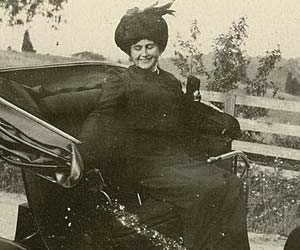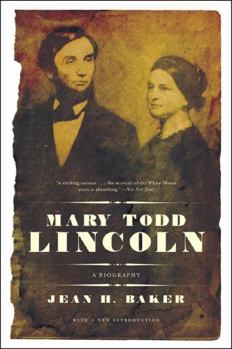Mary Todd Lincoln: A Biography
Select Format
Select Condition 
Book Overview
This definitive biography of Mary Todd Lincoln beautifully conveys her tumultuous life and times. A privileged daughter of the proud clan that founded Lexington, Kentucky, Mary fell into a stormy romance with the raw Illinois attorney Abraham Lincoln. For twenty-five years the Lincolns forged opposing temperaments into a tolerant, loving marriage. Even as the nation suffered secession and civil war, Mary experienced the tragedies of losing three of...
Customer Reviews
Three Stars
Interesting tale.
A sensitive, serious study
A fascinating portrait of a much-maligned woman
A fascinating account.
Mary Todd Lincoln: A Biography Mentions in Our Blog

First Ladies, to me, have always seemed so much more interesting than their husbands. Despite entering the white house through non-political means, scandal has touched the lives of every first lady and it is interesting to observe how a select few dealt with the misfortunes of politicking and gossip.






